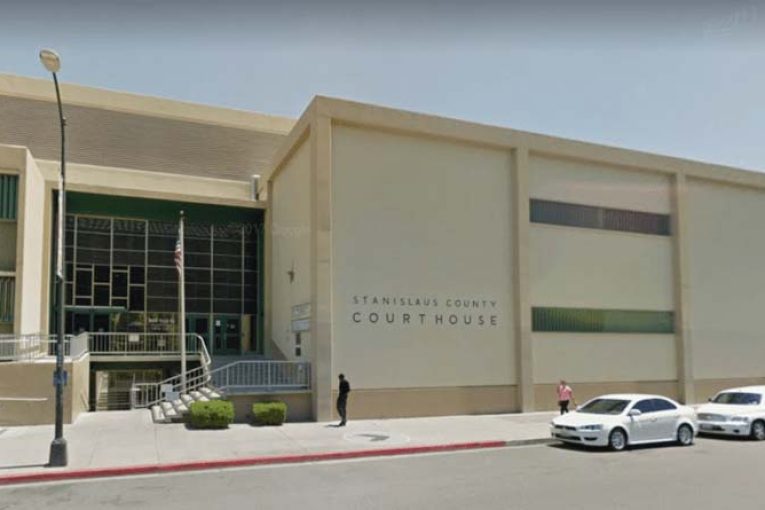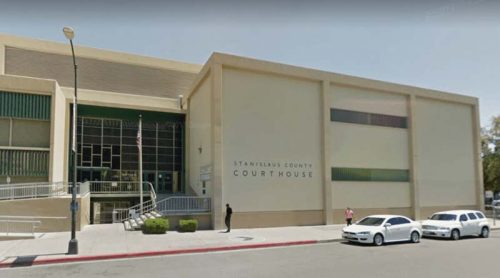

By Julie McCaffrey
MODESTO, CA – Stanislaus County Superior Court Judge Carrie Stephens and a defense attorney late last week disagreed over time limits in which a petition could be filed, due to different interpretations of a statute.
The case concerns a count of domestic violence that the accused pleaded no contest to in 2007, and now wishes to withdraw his plea and move the court to vacate his sentence. The accused is facing deportation because of the conviction.
A person no longer in criminal custody may file a motion to vacate a conviction or sentence under certain circumstances, according to the law, and the circumstance in this motion focused on the conviction or sentence being legally invalid due to prejudicial error, which inhibits the accused’s ability to understand and accept the adverse immigration consequences of a conviction.
Judge Stephens addressed the defense, stating “in your brief you indicate that there is no timing for a brief like this, it can be filed at any time as long as [the accused] is not in custody.”
She then disagreed with the defense and noted “as I read the statute, there are some timing considerations the court needs to take into consideration.”
Judge Stephens then cited the statute and asked the defense if it agrees there are time limits for the type of relief sought.
The defense responded that “there is no fixed limit… but there are certain events that trigger a reasonable response,” admitting that “it is a bit of a squishy timeline,” but insisted there can be instances where “the clock is reset.”
The judge disagreed and ruled that the motion has not been filed in a timely manner—the accused was placed in removal proceedings in 2015.
Judge Stephens, ruling there is no reason to account for the eight years it took to file this motion and that it should have been filed in 2015, added that “a court reporter reported the proceedings, but given the lapse of time, the records are not available. The records would have been available had the petition filed this motion in 2015.”
Concerning prejudicial error causing immigration harm, which is the chief concern in this case, the statute fails to set a concrete time limit for filing a motion such as this one, reading “there is no time limit for filing the motion, except for a requirement of due diligence after the person receives a Notice to Appear or notice of adverse immigration decision based on conviction.”